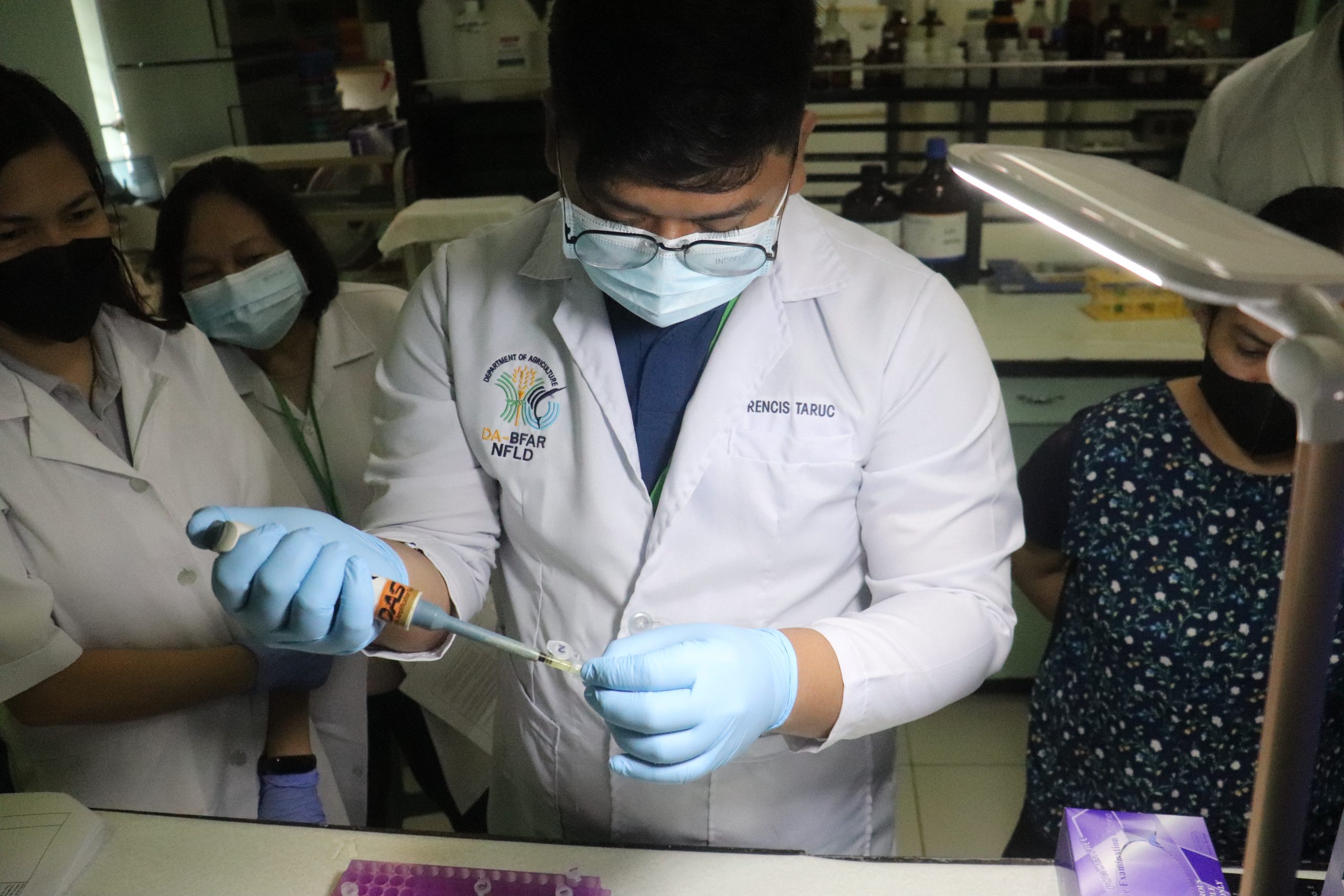
Quality, science-based methods and technologies are essential for ensuring food safety, which the World Health Organization recognizes as interconnected with nutrition and food security.
This was the goal of the National Institute of Molecular Biology and Biotechnology (BIOTECH), a research center in UPLB, and the non-profit organization Winrock International when they conducted the “Training on Rapid Methods for Enumeration of Microorganisms and Food Borne Pathogens” held from Sept. 21-22.
Around 20 regulatory personnel from the Food and Drug Administration, Department of Agriculture’s Food Development Center, Bureau of Animal Industry, Bureau of Plant Industry, National Dairy Authority, and Bureau of Fisheries and Aquatic Resources attended the training.
In her welcome remarks, BIOTECH Director Fides Marciana Z. Tambalo emphasized the importance of participants’ role in safeguarding the food products that enter the Philippine market. “Our regulatory personnel are in the frontlines of ensuring that the products that reach the market, and eventually the tables of our consumers, have undergone the required safety processes,” she said.
BIOTECH scientists and researchers served as resource persons in discussing the different technologies that they developed to detect food borne pathogens, including the DNA Amplification System (DASTM) kits for Salmonella and S. aureus, DIPS™, and Quixens®, both of which can detect bacterial pathogens in food.
The training was conducted through Winrock International’s project with the US Department of Agriculture titled “Building Safe Agricultural Food Enterprises” (B-Safe) which involves capacity building of key agencies in food safety standards.
Aside from the detection kits, BIOTECH also developed beneficial food and feed products that have been proven safe and cost-effective through research and market testing. Among these products are the MONASCUS RED® natural food colorant; the Microbial Rennet for cheese making and starter culture for dairy and non-dairy products; Animal Probiotics Feed Supplements; and the Protein Enriched Copra Meal or PECM for animal feeds. (Sophia M. Mercado and Belinda Lucille B. Costales, BIOTECH)
